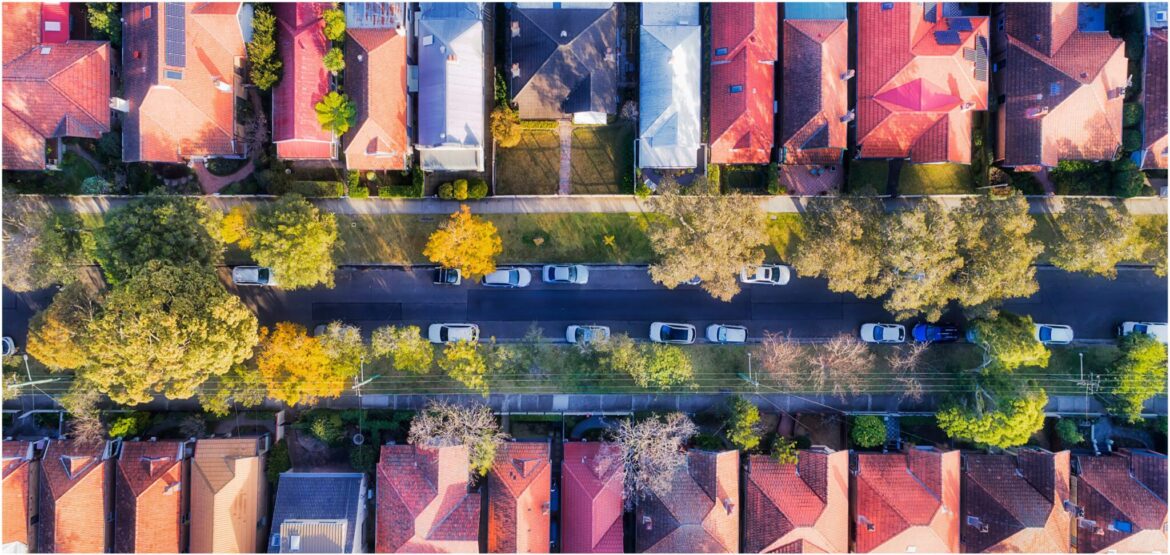
As the year makes its way to a close, it’s a good time to look at how the property market has been performing.
Here are some of the most up-to-date statistics from the property data and analytics experts at CoreLogic.
Australian property market update
There are 11.1 million homes in Australia, with a collection value of $10.2 trillion.
In the three months to October, national home values rose 2.3 per cent, easing slightly from a recent high of 3.1 per cent in the June quarter.
Home values increased by 5.6 per cent in the year to October, and the month of October saw a 0.9 per cent increase for dwelling values across the combined capital cities.
To break things down, in the three months to October:
• Perth saw the highest average home value increase of 4.6 per cent
• Adelaide: 4.2 per cent
• Brisbane: 3.8 per cent
• Sydney: 2.5 per cent
• Melbourne: 1.2 per cent
• Canberra: 0.7 per cent
• Hobart: 0.3 per cent
• Darwin: 0.3 per cent
Perth is now up by 10 per cent year on year, and Sydney 9 per cent. However, CoreLogic reports that the growth trajectory for housing values across the combined capitals has slowed from a peak of 1.3% through June.
Listing volumes and sale times
Close to 41,000 homes were sold in Australia in October. This is less than the five-year average of 44,813 but does reflect a gradual lift over the last six months.
CoreLogic reported that new listings advertised are now trending notably higher in some capital cities compared with this time last year. However, total listings remain lower than a year ago across Brisbane, Adelaide, Perth and Darwin.
The number of days a home takes to sell (on average) also increased in the three months to October, to 30 days.
This may indicate a swing closer towards a buyer’s market, especially if investors and homeowners decide to sell in the new year due to persistently high interest rates.
Rental market statistics
Housing values have been rising faster than rents over recent months, which means rental yields have dropped slightly to an average of 3.69 per cent, down from 3.71 in September.
Regional areas are still seeing higher yield than capital cities, with an average of 4.4 per cent versus 3.5 per cent in metropolitan areas. The Northern Territory and WA regional areas and capitals are leading the charge in terms of yield.
What’s going on with interest rates?
The latest inflation figures resulted in the Reserve Bank of Australia announcing an interest rate increase, to an official rate of 4.35 per cent.
The goal is to have inflation back to 2 – 3 per cent by the end of 2025, so Australians may continue to feel interest rate ‘pain’ over the next couple of years.
Should you buy or sell in 2024?
The figures above indicate a relatively steady market with no dramatic changes, but some homeowners are becoming worried about higher interest rates leading to lower property prices.
Experts point out that high numbers of international immigrants, limited housing stock and low numbers of new housing approvals caused by construction industry challenges will combine to offset the impact of high interest rates, so if you are planning to sell, you should find a knowledgeable local agent can help you achieve an excellent result.
Thinking of selling your home in 2024? Contact me today at teresa@teresaberger.com.au to put together a strategy.




